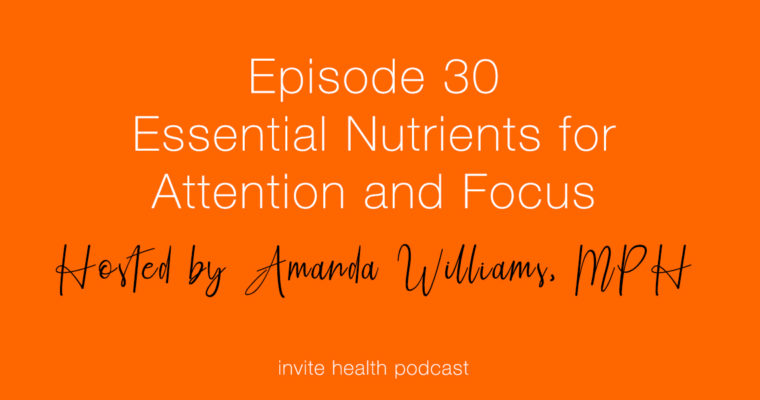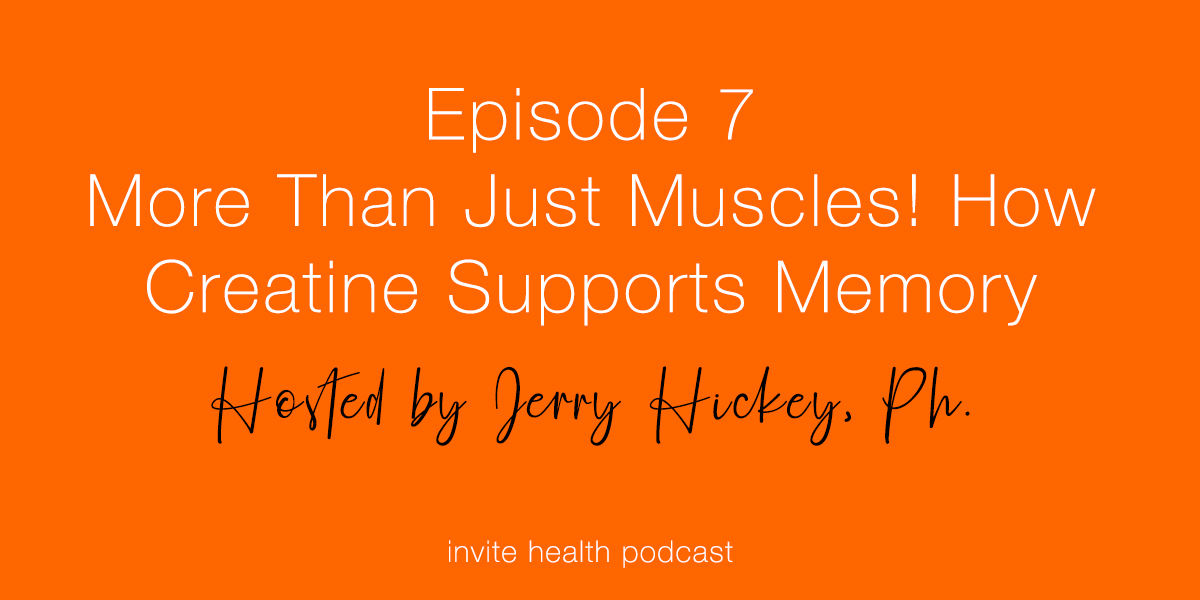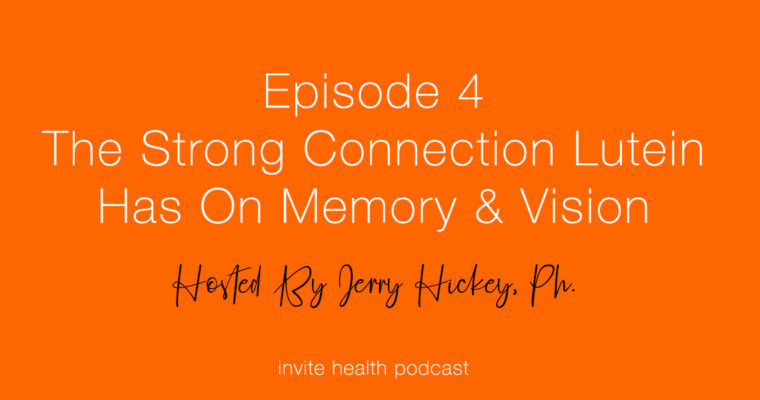According to scientists from the Medical College of Georgia at Augusta University, obesity can break down our protective blood-brain barrier resulting in problems with learning and memory. This study is published in the Journal of Neuroscience.
What is the blood-brain barrier?
According to Dr. Alan Pressman, former Radio Host and Director of Nutrition at InVite® Health, here’s what you need to know about the blood-brain barrier. “The blood-brain barrier is a highly selective permeable barrier that separates the circulating blood from the brain. It is simply the protective shield that surrounds your brain. It is formed by brain endothelial cells and allows the passage of water and selective transport of molecules such as glucose and amino acids that are crucial to internal function, while protecting against the transport of toxic substances.”
The blood-brain barrier can be broken down by factors like high blood pressure, endothelial dysfunction, infections, radiation and inflammation. Recent reports also mentioned the negative impact of alcohol, prescription drugs, elevated homocysteine and nutrient deficiencies as being contributing factors to blood-brain barrier integrity loss.
The Study
Researchers report that obese individuals with diabetes have higher rates of cognitive impairment as they age. In a model that mimics what happens to individuals with obesity and diabetes, young mice fed a high-fat diet got fat within two weeks, and by 16 weeks they showed increases in fasting glucose and insulin concentrations, all signs that diabetes could be part of their near future.
The researchers saw that obesity increased the permeability of the blood-brain barrier – diabetes promoted shrinkage of the cells, muscular cells started to lose their grip, blood vessels started to lose their tone and became dysfunctional and inflamed.
“If an individual has already progressed to insulin resistance, these studies underscore the importance of controlling blood sugar levels and avoiding progressing to insulin deficiency (diabetes), which opens the blood-brain barrier even further,” says Dr. Alexis M. Stranahan, neuroscientist in the MCG Department of Neuroscience and Regenerative Medicine at August University.
The scientists report that the relative accessibility of blood vessels in the brain may also make them a good avenue for preventing obesity’s effects on the brain.
Protecting Your Blood Brain Barrier
Protecting the blood-brain barrier is a prime goal in the practice of clinical nutrition. Here are some tips from our healthcare experts on how to protect it with lifestyle changes and supplementation, according to Dr. Alan Pressman.
Practice Good Gut and Digestive Health
According to Dr. Alan Pressman, “numerous research reports strongly suggest that a specific group of probiotics can strengthen the blood-brain barrier and also reduce the symptoms of anxiety, chronic fatigue, depression and also improve memory, concentration and focus.”†
Eat More Cruciferous Vegetables
Vegetables, such as broccoli, Brussels sprouts, and cabbage contain important antioxidants and anti-inflammatory actions that can benefit your brain. Studies have shown that a phytochemical found in these vegetables called sulforaphane can help protect the blood-brain barrier and improve cognitive function.
From the Inside, Out
Important antioxidants like Resveratrol found in grapes and red wine, also have anti-inflammatory benefits and may help to restore the integrity of the blood-brain barrier.†
Omega-3 fatty acids, like fish and krill oil, are essential fats that are necessary for the normal functioning of your brain and nervous system.†
B vitamins, especially Vitamin B1 (Thiamine), has been shown to help restore the integrity of the blood-brain barrier.†
Goodbye Stress, Hello Rest!
Numerous studies have shown that chronic stress can increase inflammation and the permeability of the blood-brain barrier. Deep, restorative sleep is necessary for the optimal functions of your body, including your blood-brain barrier. Be sure to practice healthy sleeping patterns by limiting the amount of blue light you subject yourself to and going to bed at a good time each night.
Questions about the blood-brain barrier? Leave a comment below to join the conversation!







